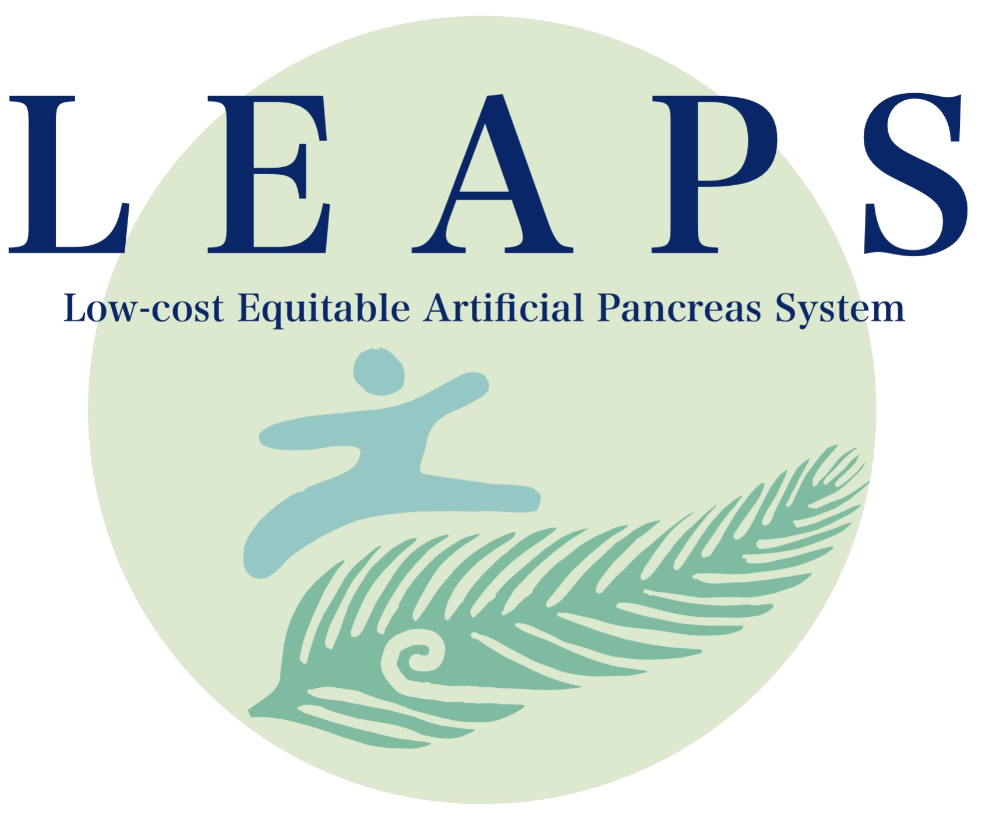
The future of medical devices
Invented here, in Aotearoa, New Zealand
Community driven insulin pump
Fundamentally simple, an insulin pump can be designed using standard off-the-shelf components. We are hoping to launch our traditional insulin pump at up to 20x cost reductions on current commercial devices. The pump will be controlled via your phone using Bluetooth.Our insulin pump was measured against the appropriate standard (IEC 60601-2-24), showing comparable accuracy to currently available commercial pumps, and a validation clinical trial will begin early 2023, with the goal of regulatory approval by the end of 2024.Non-invasive Blood Glucose Sensor
Our team has been developing a non-invasive glucose monitor which uses infrared light to isolate the spectral fingerprint of glucose in blood. The sensor has the potential to provide non-invasive glucose sensing at far lower costs. We are targeting cost reductions of 10-50x per year compared to current commercial competitors.
Clinical testing at the University of Canterbury and Middlemore/ Auckland Hospital NICUs (N=30+ patients, 200+ measurement pairs versus gold standard glucose measurements) has provided performance consistent with current commercial devices.
Smart Digital Twins for Personalised Care
Our digital twin provides an accurate personalised model of every user, with the ability to adjust insulin delivery to guide care. The digital twin has been validated over 15 years of use in ICUs worldwide, enabling a greater glucose time in range (TIR) compared to standard closed-loop systems.
Widespread rollout of our digital twin would increase equity of access to best care and outcomes, as well as significant economic benefits for individuals, clinicians, and the health system.
Our partners








